Hi, everyone and welcome back to another reading list recap.
The first book to kick off November was:
The Soviet Experiment by Ronald Suny.
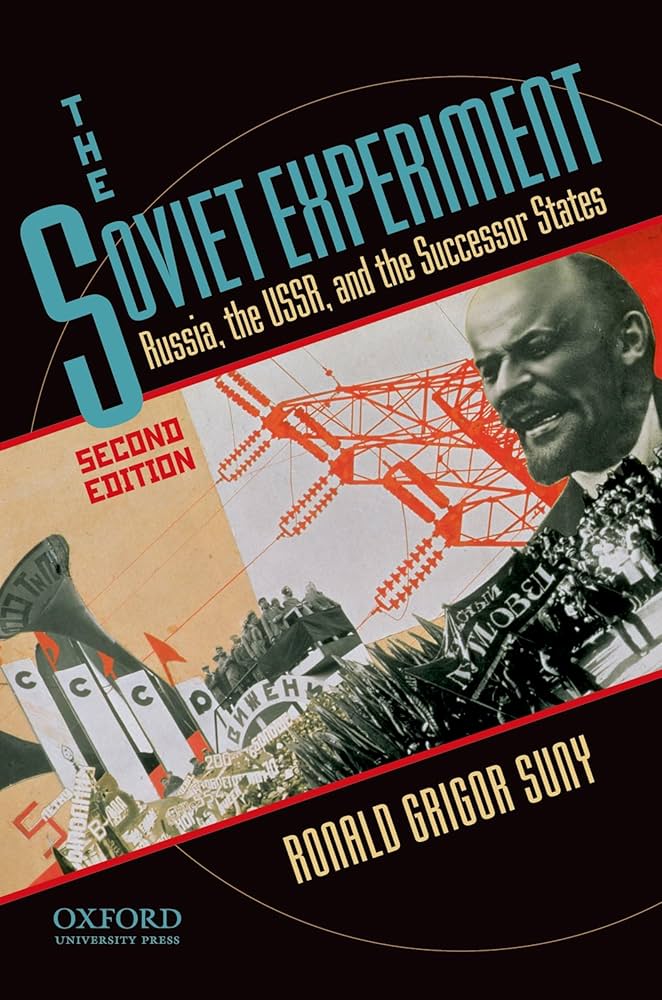
I have always wanted to learn more about Russia’s turbulent past, but when I dive into different texts, I often feel lost. There is so much to unpack about this enigmatic country, and Suny does a great job of keeping the reader on track. The writing is very approachable- even for someone who doesn’t have a background in political science or foreign affairs. The reason for wanting to read more about Russia is my desire to understand why the war in Ukraine matters so much. I wanted to dive into the history of Russian disputes in the hopes of gaining an aptitude for why the Kremlin chooses the routes that it takes in international relations. This is a longer book, so make sure to plan for that! But keep in mind that Russia, as we know, has a jam-packed history from the Tsarist era. Let me know if you end up reading the book, 9/10 for me!
Ready Player Two by Ernest Cline
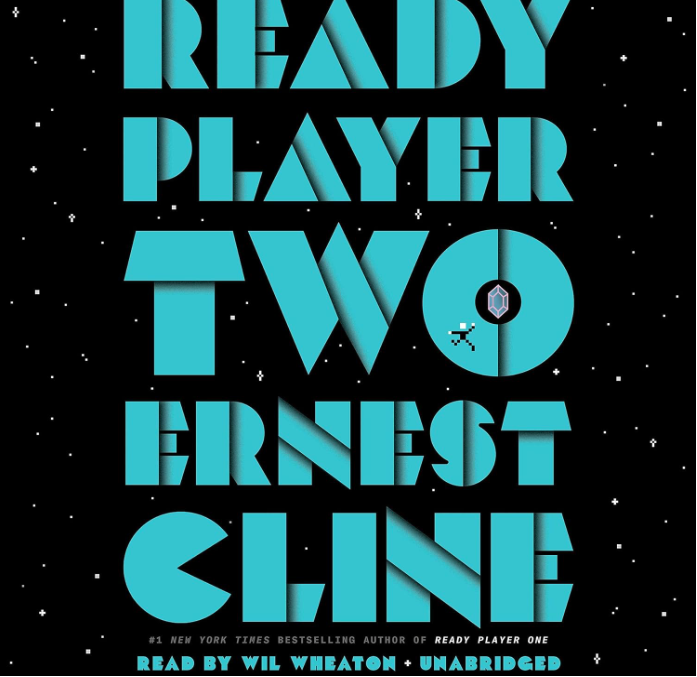
I enjoyed Cline’s first book in the series, “Ready Player One.” It was a great story and the flow of it was smooth and not forced. With that being said, I didn’t feel all that great about Cline’s second book… It felt weighted down by the constant references to 80s culture- which wasn’t so apparent in the first book. I felt myself wanting the story to progress, only to be approached with a whole paragraph, or two, about some 80s song or film. It felt weighed down, but still, I think it’s a good read. I am sure there is some bias here because the book came out and is the second part of my favorite book by Cline. I still think it’s a good read… 7/10 for me.
The Road to Serfdom by F.A. Hayek
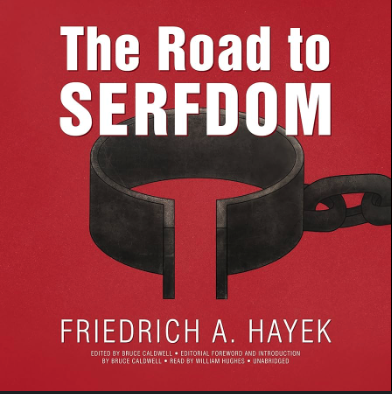
This classic is a powerful critique of government central planning and a defense of individual liberty. Hayek argues that central economic planning, often associated with socialism, threatens individual freedom and inevitably leads to totalitarianism. His main premise is that as governments take on more control of economic life, they curtail personal freedoms and limit individual choices. Hayek goes into great detail about central planning and the roads that nations have taken to total control. I enjoyed the book and it provided a scholarly analysis of the perils of total socialism. It is important to note that there are mechanisms of both capitalism and socialism that can and do mix in everyday life. A balance of the two systems is the key- and Hayek even argues for some sort of “minimum” safety net (wages, healthcare, etc.) Anyone keen on pure socialism should give this title a read. The book is approachable and short. 7/10 for me.
Stalingrad: The Fateful Siege: 1942-1943 by Antony Beevor

I am a huge fan of the history of World War II, more than any other period that I have studied. The complexities, turning points, and human stories of this global conflict never cease to fascinate me. One of the most critical and dramatic moments of the war was Adolf Hitler’s decision to invade Russia—a decision made against the advice of many of his own generals. He failed to learn from Napoleon’s disastrous attempt to conquer the vast and harsh Russian landscape, and this miscalculation ultimately marked the beginning of the end for the Third Reich.
The Third Reich started out as a formidable powerhouse of military might, seemingly unstoppable in the early stages of the war. However, its downfall was sealed in battles like Stalingrad, where the tide of the conflict turned. The Battle of Stalingrad was a brutal and almost incomprehensible war of attrition, marked by unimaginable loss of life and relentless fighting. It is one of those moments in history where you can see how poor leadership and hubris can unravel even the most powerful empires.
Books like this one are essential for understanding the sheer scale and madness of battles like Stalingrad. The author does an incredible job of bringing the events to life, balancing a wealth of detail with readability. They avoid bogging down the narrative with unnecessary tangents or academic jargon, making it accessible to both seasoned history enthusiasts and newcomers alike.
I highly recommend this book to anyone even remotely interested in World War II. Whether you’re looking to deepen your understanding of military strategy, leadership failures, or the human toll of war, this book delivers. It is widely regarded as one of the best works on the subject of the Battle of Stalingrad, and for good reason. The storytelling is gripping, the research thorough, and the insights profound. I thoroughly enjoyed reading it and would confidently give it a 10/10. It’s a must-read for anyone passionate about history or looking to gain a better understanding of one of the most pivotal moments in the Second World War.
Hitler’s First Hundred Days: When Germans Embraced the Third Reich by Peter Fritzsche
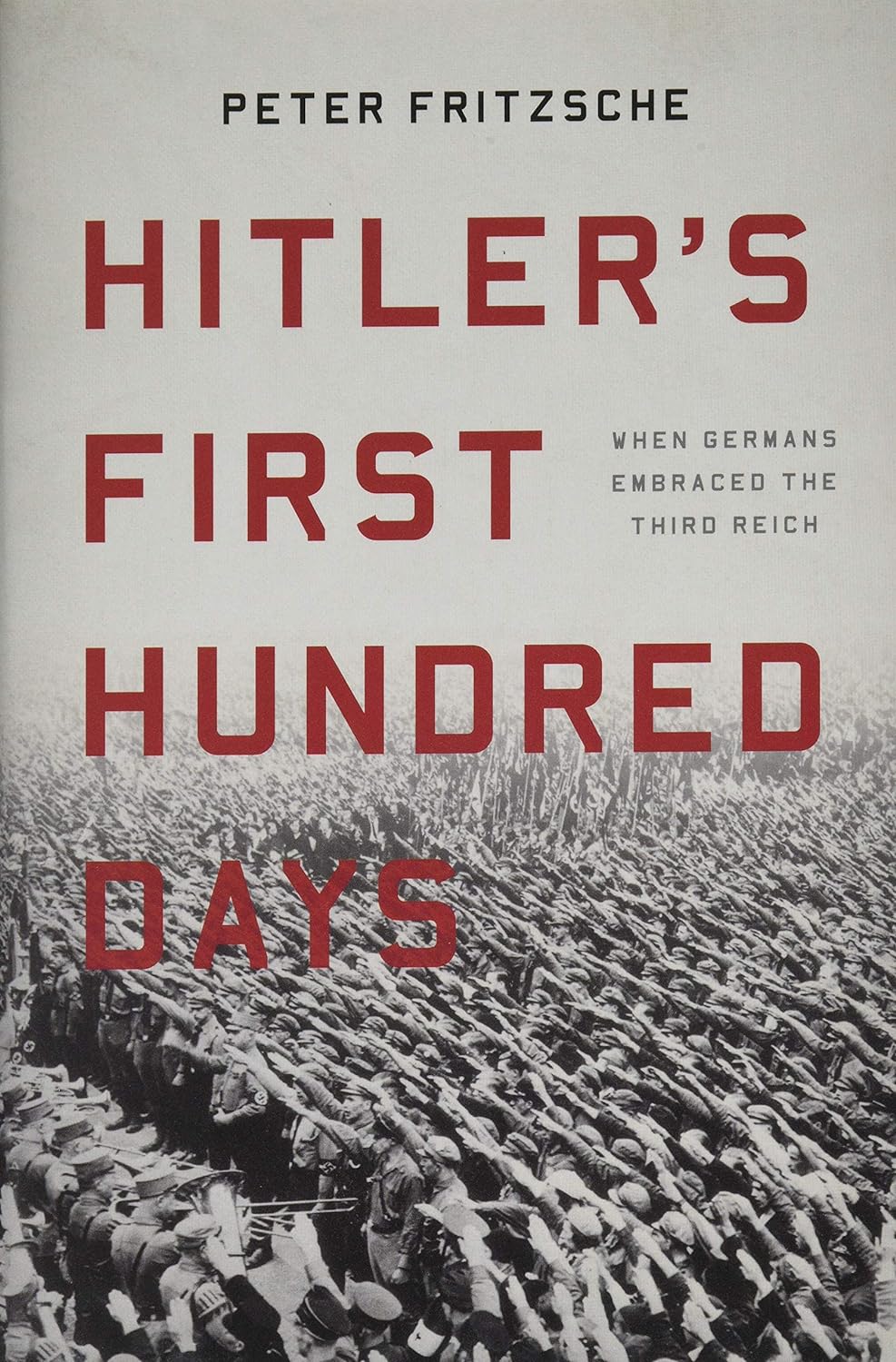
After the 2024 US election results, this relatively newer (2020) book was recommended to me on social media. I found it compelling and a short read for the immense amount of perspective that it provides. For anyone interested in 1930s fascism in Europe- this is the book for you. The author writes in a very approachable way and does not go out on tangents (as some historians are capable of!) This book is one of those to read if you have time, I would not add it to your most urgent reading list. I think it describes the sort of self-hypnosis that Germany found itself in during the early part of the 1930s. This book was an 8/10 for me.
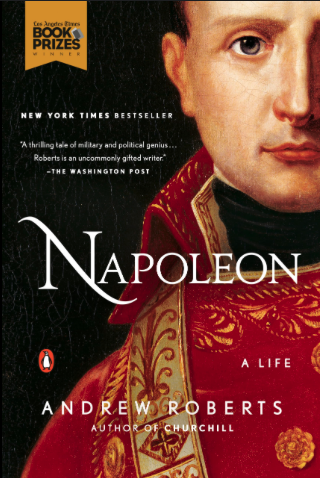
Napoleon: A Life by Andrew Roberts
I have always been fascinated by Napoleon and the French Revolution, but I’ve often felt unsure about how to approach such a vast and complex subject. With Napoleon being one of the most studied and written-about figures in history, it’s easy to feel overwhelmed by the sheer volume of material available—thousands of books, articles, and essays explore every angle of his life and legacy. Fortunately, I stumbled upon this particular book, and listening to it as an audiobook made the experience so much more enjoyable and accessible for me.
This is a very long book, but it’s packed with fascinating details and provides an incredible, vivid portrayal of Napoleon’s life and achievements. What stood out most to me was the way Roberts approaches the Napoleonic Wars in this book. While he delves deeply into these campaigns, he avoids overloading the reader with endless data and dry statistics about individual battles. Instead, he focuses on the broader significance of these events, highlighting the key points and explaining how each campaign shaped the Napoleonic Era as a whole. I really appreciated this approach because I was more interested in understanding the big picture than being buried under a mountain of minutiae.
For me, this book was a solid 10/10. Not only did it provide a wealth of knowledge about Napoleon, but it also presented that information in a way that was engaging, well-paced, and easy to follow. Learning so much about such an extraordinary figure was a genuine treat, and the author did a masterful job of bringing Napoleon’s world to life. I now feel much more confident about exploring this topic further, and this book has inspired me to continue learning about the fascinating history of Napoleon and his era.
And that’s all!
It took me a while to read heavy-hitting books, such as Napoleon and The Soviet Experiment. I did not read much fiction this month. If you end up reading any of these books and want to leave your thoughts, please consider leaving a comment below.
Happy reading!
-Gabe
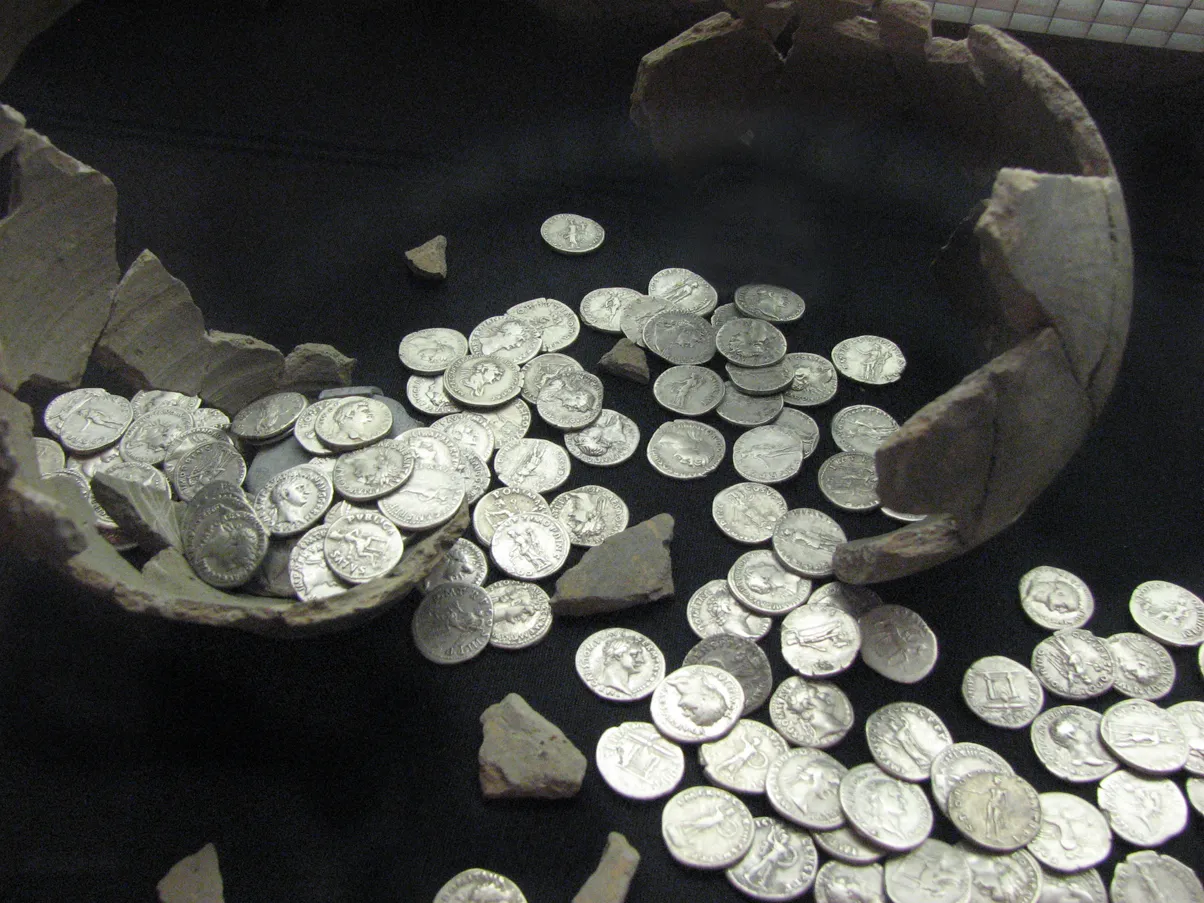
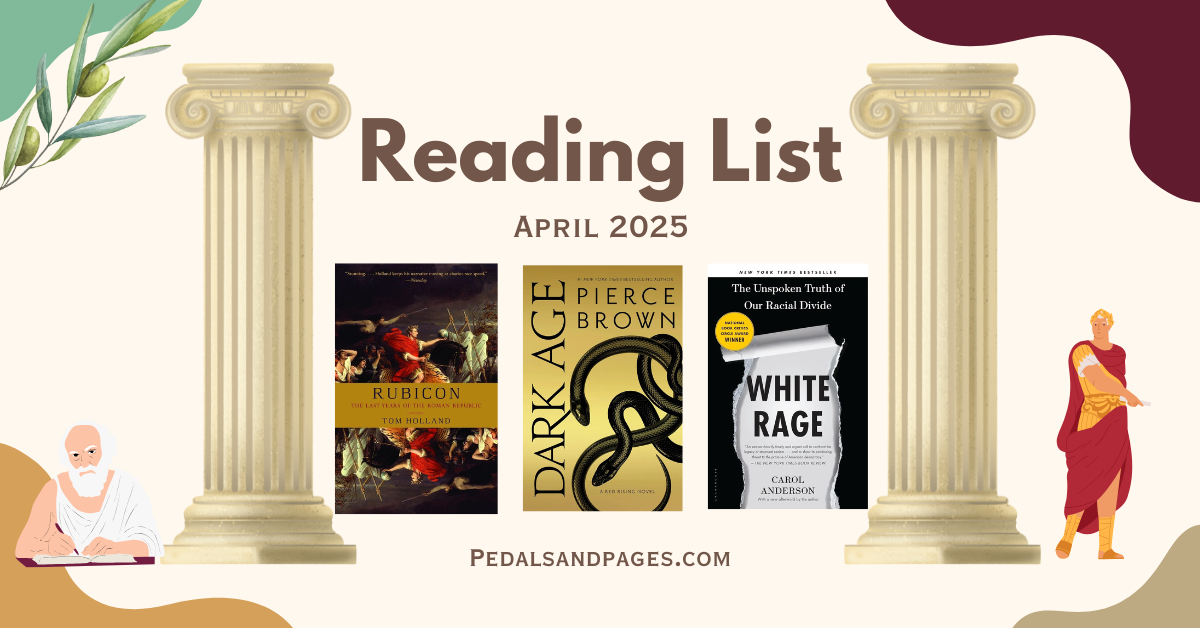
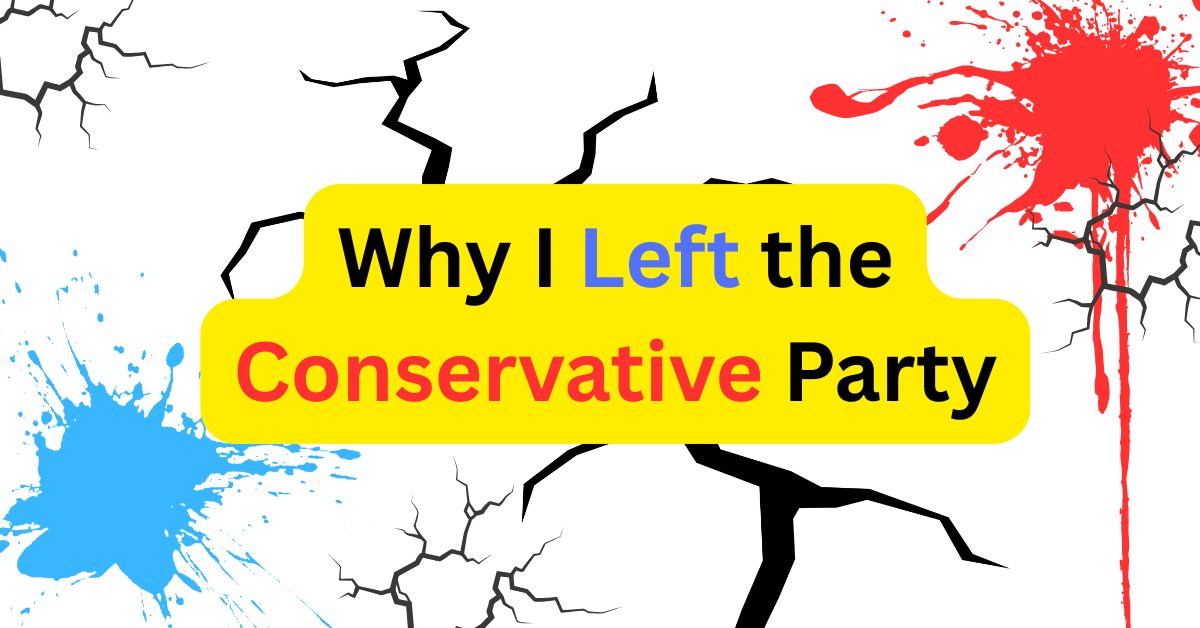
Leave a Reply